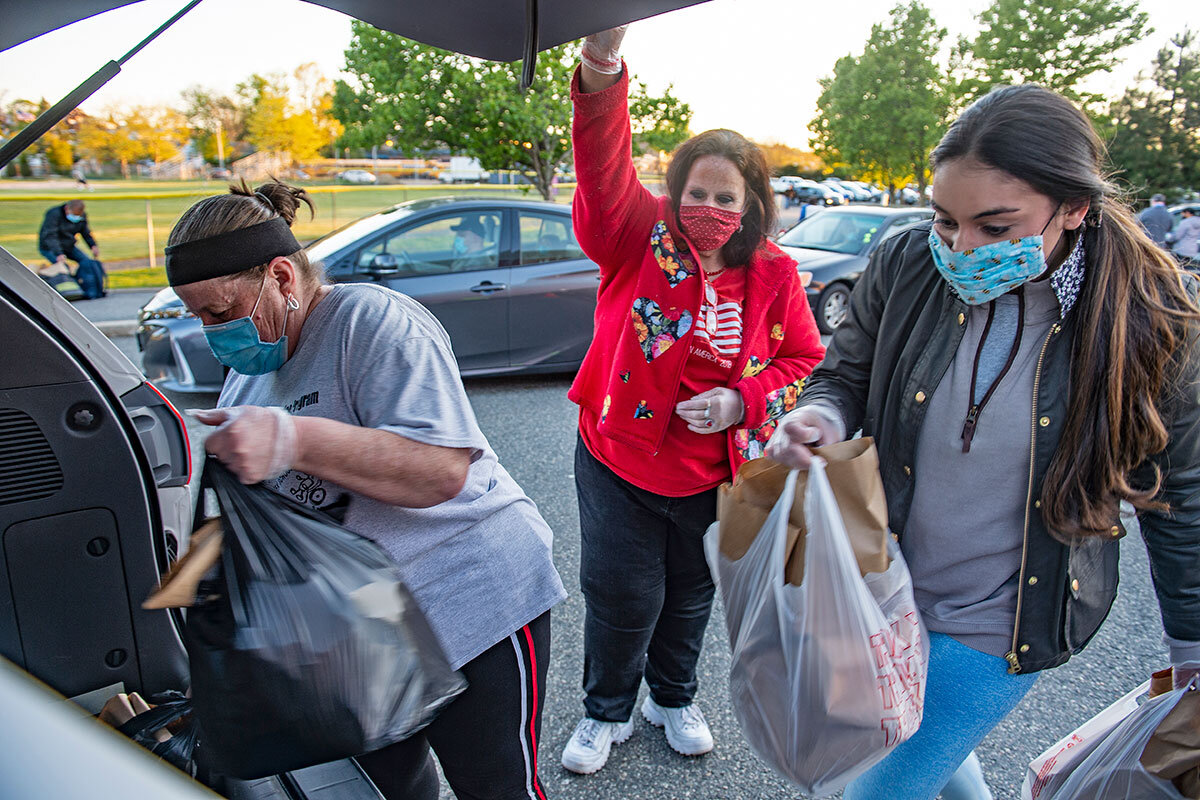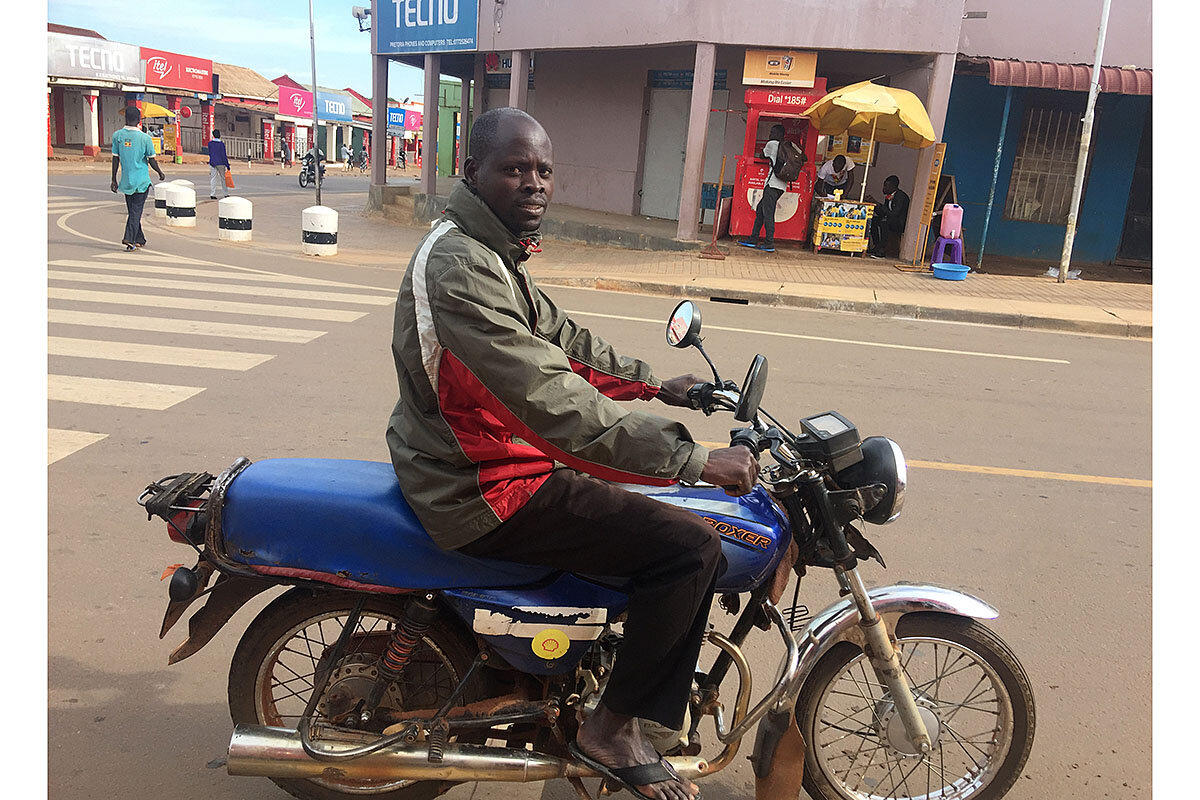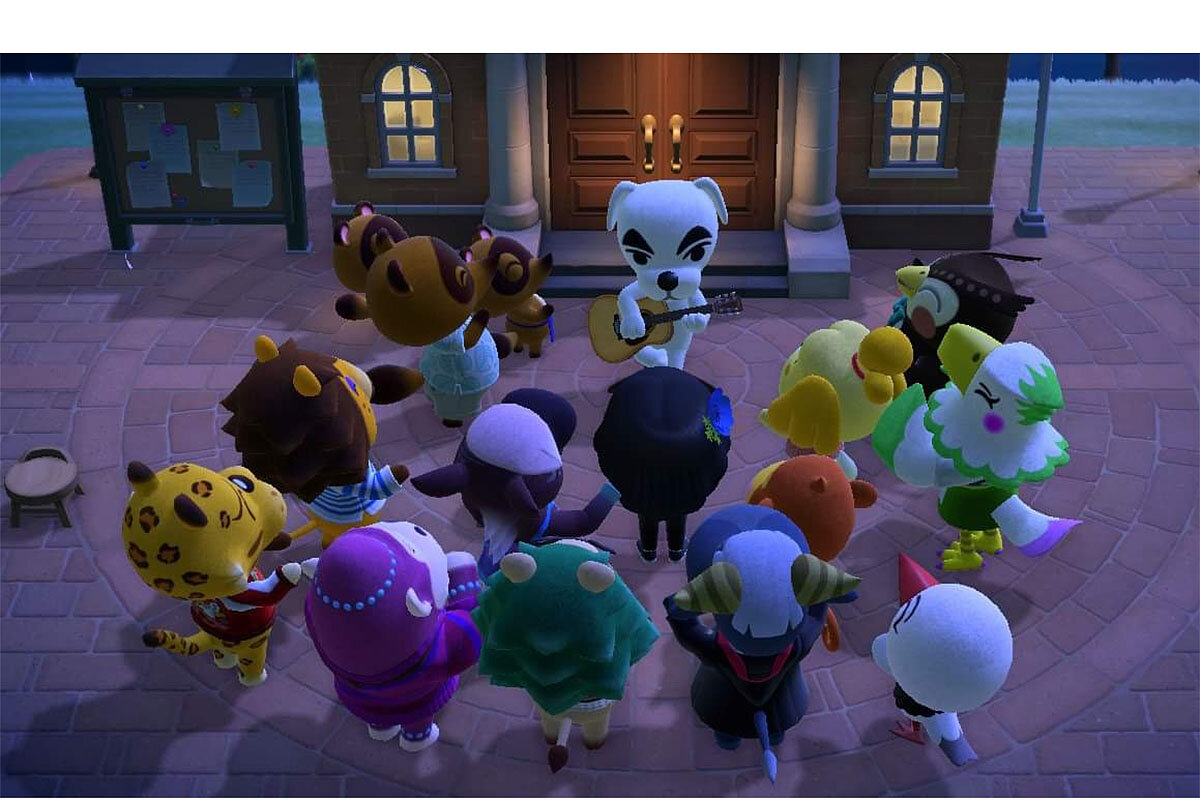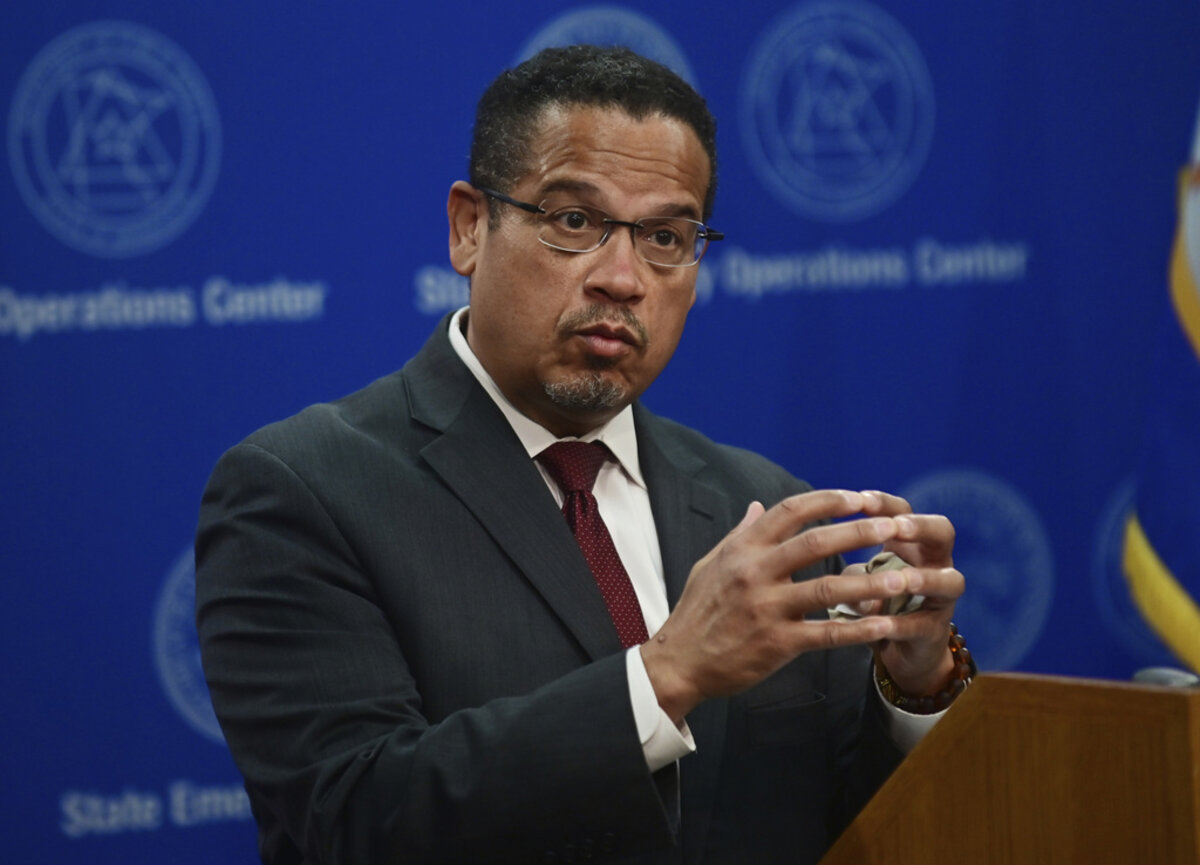Can protest violence ever be a moral act? The United States is grappling with how to respond to the looting and destruction now sweeping nightly through some American cities.
Monitor Daily Podcast
- Follow us:
- Apple Podcasts
- Spotify
- RSS Feed
- Download
 David Clark Scott
David Clark Scott
Excessive force by police and destructive protests have deeply shaken America. But two bystander videos posted Sunday may hint at how to deal with both problems.
In the first video, two police officers in Seattle are handcuffing a male protestor on the ground. One cop’s knee is on his neck – the same technique used on George Floyd. Then, the second cop intervenes, forcibly removing his partner’s knee.
That’s what’s supposed to happen, Clarence Castile told NPR, discussing the death of Mr. Floyd: “When one cop sees another cop using excessive force. ... that cop’s supposed to say ...“Yo man, get up off him.”
Mr. Castile became a reserve police officer in St. Paul, Minnesota, after his nephew, Philando Castile, a black man, was fatally shot by a cop in 2016.
A second video on Twitter shows a black female protester confronting two white women spray painting “BLM” on a Starbucks in Los Angeles. She reprimands the vandals as they walk away: “They’re gonna blame black people for this and black people didn’t do it. ... You all are part of the problem.”
Racial injustice is a chronic problem. But Mr. Castile insists progress can be made now if we act as our brother’s keeper. Cop to cop. Protester to protester. “Me accountable to my neighbors, my neighbors accountable to me and everybody helping everybody out,” he says. “We all have a small part to play in the big picture.”










